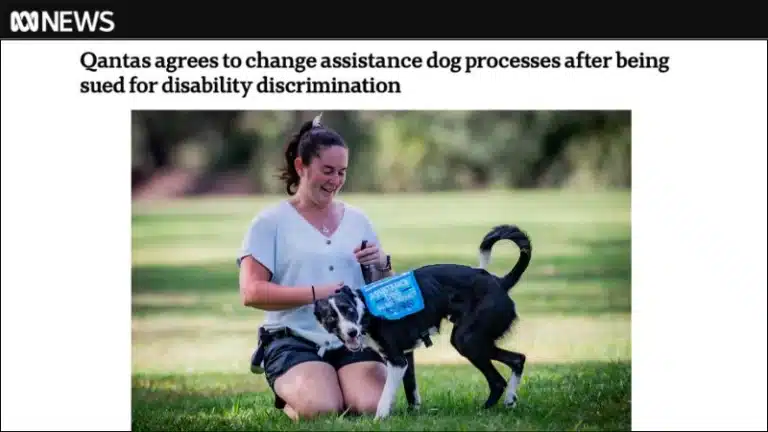PIAC made a submission to the consultation by the NSW Department of Climate Change, Energy, the Environment and Water (NSW DCCEEW) on the proposed Orderly Exit Mechanism Framework.
The Framework proposes a financial swap mechanism to underpin jurisdictional energy ministers entering into voluntary agreements with system significant generators to delay their retirements, or failing this ordering them to remain operational. This would be done in situations where the retirements would create system needs shortfalls and threaten the reliability or security of energy in a given area of the NEM.
PIAC opposes the introduction of the framework. We believe that the existing reliability and planning frameworks are adequate to manage all possible eventualities over the period of the energy transition, and that the framework would not add any fundamentally new powers to state governments that they do not already have.
We argued the framework was not in consumers interests and produced secondary effects that ran counter to both the intentions of the policy itself, and the wider policy aim of hastening the move from a fossil-fuel-based system to a renewable generation-based one.
We provided detailed suggestions on amending the framework if it is to be introduced. These centre on increasing the robustness of the criteria for the framework being employed, increasing the transparency of its use, introducing mandatory consultation with consumers and approval from them before any agreement with a generator is entered into, and changes aimed at minimising costs of the framework to consumers.


